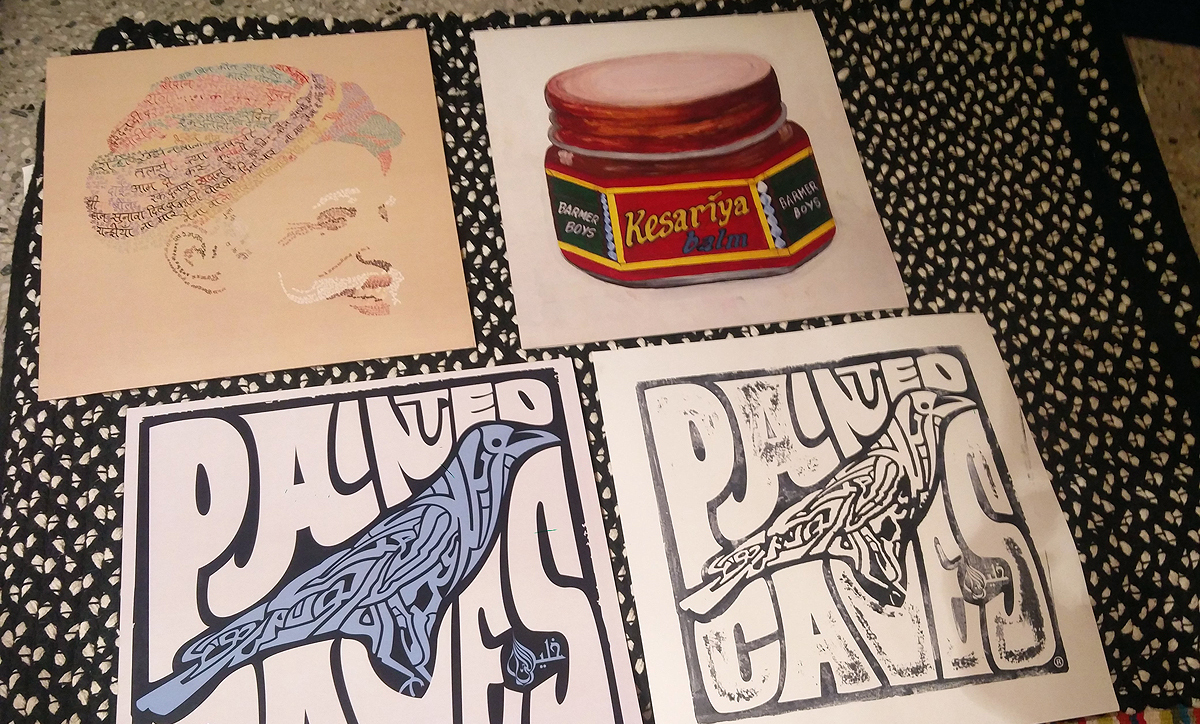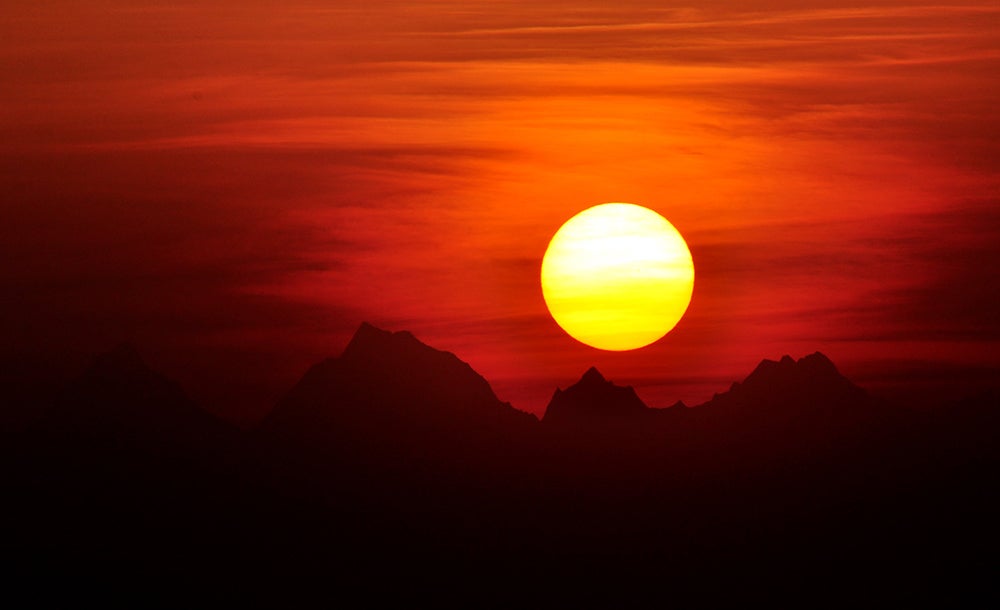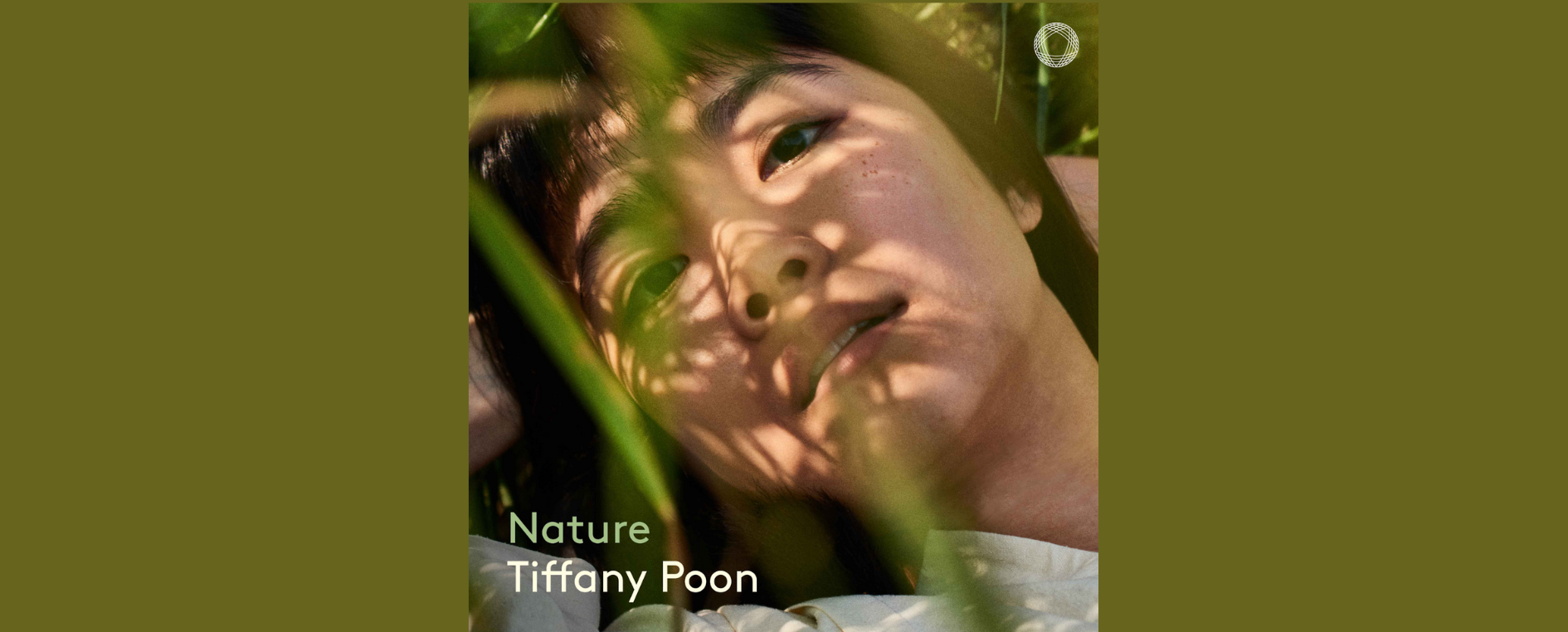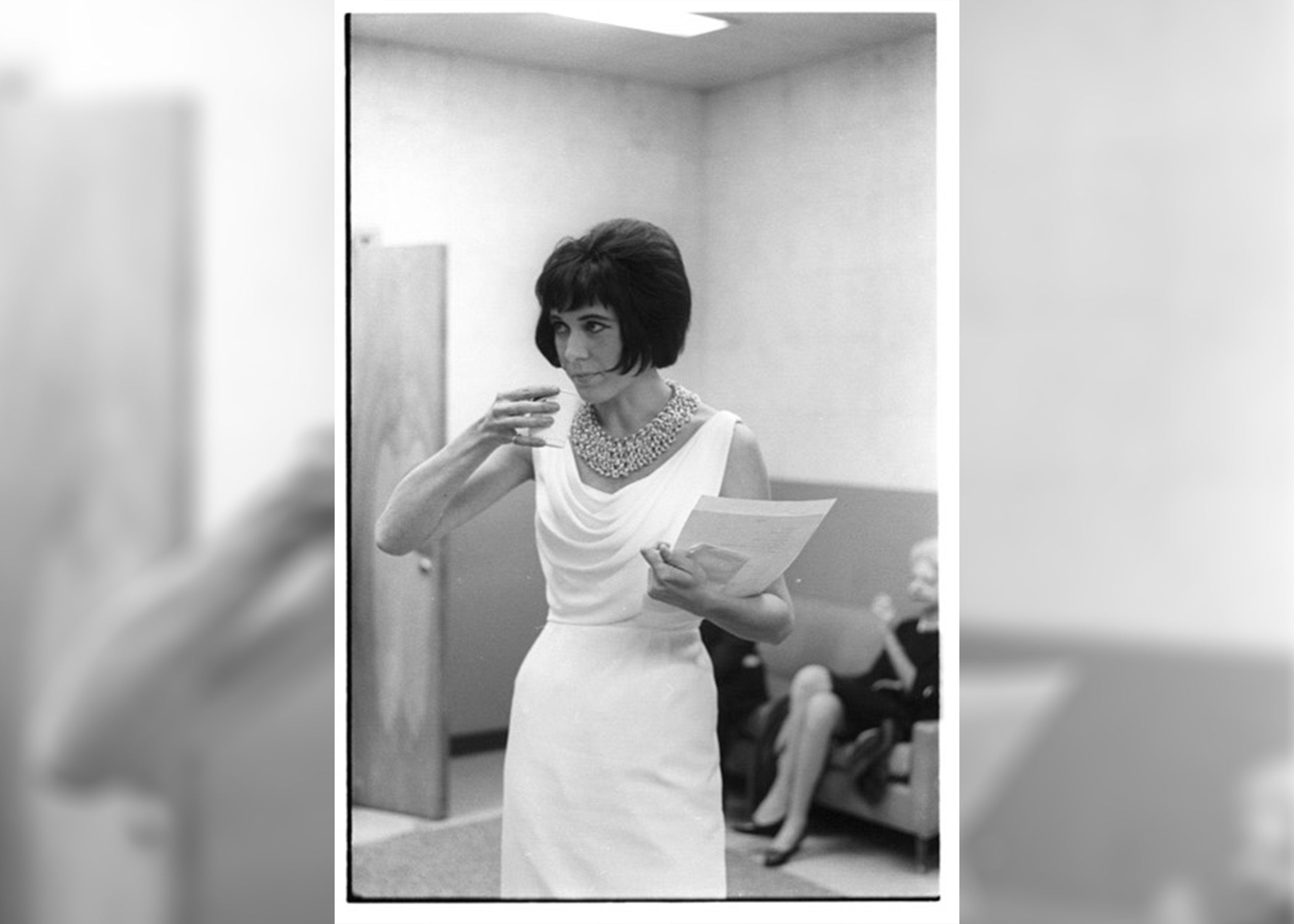“Fall” novelist Neal Stephenson on the digital afterlife. Also, DJ Ankur Malhotra is trying to preserve Indian folk music one vinyl press at a time, and blogger Heather Armstrong shares the lengths she went to battle depression. Plus, a look at how the funeral industry is breathing new life into memorials.
Featured in this Show
-
Novelist Neal Stephenson’s 'Fall' Features Digital Afterlife
Science fiction novelist Neal Stephenson is the author of best-selling science fiction thrillers “Seveneves,” “Snowcrash” and “Cryptonomicon.” His latest novel is called “Fall; or, Dodge in Hell.” It’s been described as “‘Paradise Lost’ by way of Philip K. Dick.”
“It’s an idea that’s been on my mind for a little while,” Stephenson told WPR’s “BETA.” “I’ve always been interested in John Milton’s ‘Paradise Lost.’ I kind of brushed up against that topic a little bit when I was working on ‘The Baroque Cycle,’ which takes place during the era that Milton was active. So I just had on my mind for a while the idea of trying to go there except do it in a modern kind of digital, science-fictional kind of way,” Stephenson said.

The story of “Fall” follows Richard “Dodge” Forthrast who has become a multibillionaire thanks to the founding of a video game company.
One day while Dodge undergoes a routine medical procedure, something goes wrong.
“It’s one of these unexpected medical problems that pops up out of nowhere,” Stephenson said. “And so his family is left to find a way to carry out his wishes. It leads to him being brought back to life not in a physical, biological sense, but as a digital upload into the cloud.”
But things don’t go according to plan.
“It leads to the creation of a whole sort of digital afterlife that’s occupied not only by the original character, Dodge, but by many other people who decide they want to have the same treatment for themselves,” Stephenson said.
The novel finds Stephenson changing gears from his previous works.
“This is a case where I’m stepping back a little bit from trying to be too technically precise in the science part of it,” he explained. “So if you look, for example, at my previous novel, ‘Seveneves,’ in that book, I am going to some efforts to try to be sort of precise and do calculations and make it be realistic as far as the orbital mechanics and so on is concerned.”
“In the case of ‘Fall,’ I’m really not trying to go there because there are so many unknowns connected with how the brain works, what consciousness is, whether you could actually bring a mind back to life. So this is one of those cases where I’m just going for it I’m just saying, ‘Let’s say for the sake of storytelling that this could be done, let’s just accept that as a premise and let’s see where it takes us,’” he added.
Stephenson started out as a physics major at the University of Boston but then he switched to geography. Perhaps that’s why his novels feature such richly-textured storyworlds with such a strong sense of place.
“I’ve always been fascinated by maps and landforms and why the world is shaped and hooked up the way it is,” Stephenson said. “When I made that change during college, one of the things that sort of pushed me into it was that I was taking a cartography class which was part of the geography department. So we were making maps and they had a graphics terminal. It was sort of the first computer graphics terminal I’d ever had access to … very primitive by today’s standards, of course, but it was kind of incredible to me that I could sit and write code that would cause pictures to appear on a screen.”
It’s an interest that’s continued for Stephenson.
“In ‘Reamde,’ when we learn about the background of Dodge’s video game company and some of the people who work there,” Stephenson said. “We learn about a character named Pluto who is the landforms expert. He’s kind of almost like a proxy for me in a way, the nerd who sits around and thinks about what mountains should look like. And that carries over pretty directly into ‘Fall,’ except instead of just making a video game landscape, they end up building what amounts to a very real landscape for digital souls to live in.”
-
Preserving India's Folk Music Roots On Vinyl
In December of 2010, equipped with microphones and tape recorders, Ankur Malhotra and his long-time friend Ashutosh Sharma drove into the Indian desert 400 miles from their home of New Delhi. They were looking for Lakha Khan, a seventh-generation master of the Sindhi sarangi, a 27-string Indian folk instrument.
When the pair arrived at Khan’s door they were welcomed in and treated to an intimate solo concert.
Malhotra described what he heard that evening in Khan’s desert home: “Once you hear Lakha Khan singing, there’s this raw, powerful voice, but there’s also this melancholy. His sons didn’t pick up the (sarangi) when we first met him, so he was the last in many generations, and then the music stopped there. And that explains the deep sadness and melancholy that’s so evident in his music.”
Growing up in India in the early 1980s, Malhotra’s early formative experiences with music arrived courtesy of his father’s records; a steady diet of Bollywood soundtracks, Western rock ‘n’ roll, and the more esoteric sounds of spaghetti western soundtracks and psychedelic rock.
“At this time India was a very closed economy so there was no music coming in,” Malhotra said.
He would give his father lists of albums he wanted him to pick up on his business travels. It was during this period that Malhotra fell in love with vinyl records.
The recordings from that 2010 session would further bolster Malhotra and Sharma’s original idea in 2008 to co-found Amarrass Records, an independent record label aiming to capture the fading ancient sounds of traditional Indian folk music by bringing it to a wider audience through musical releases and live concerts around the world.
Amarrass releases music primarily on vinyl, which Malhotra and Sharma hand-cut, one at a time, using a machine they purchased and learned how to use on a trip to Germany.
“We are the only people in India making records. So for a country of 1.3 billion, there is one record cutting machine active in a tiny corner on the outskirts of Delhi,” Malhotra said.
Drawing inspiration from musicologist, Alan Lomax, Malhotra and Sharma continued their travels around India in search of the aging masters of traditional folk music; making field recordings of what they heard.
At this time the pair were asking themselves, “Who are the Indian bluesmen? Who are the Indian folk stars? And we really couldn’t come up with names. And that for us was a matter of shame, but it was also a eureka moment because we knew they were out there. So what if we go out to find them?” said Malhotra.
During that original trip into the desert in 2010, Malhotra and Sharma ended up in a village in Rajasthan, home to a community of Manganiyar musicians. There they met Rukma Bai, a polio-stricken singer who sang for them and said they had to meet this harmonium player and singer, Manga, who lived in the village.
Of that first meeting with Manga, Malhotra recalled, “he starts singing and we both have goosebumps down our arms.”
Malhotra recorded Manga singing that day, and soon after facilitated the piece-by-piece formation of Barmer Boys, one of Amarrass Records’ flagship groups, who take a contemporary approach to Rajasthani Gypsy and Sufi music.
Of the reaction so far of bringing traditional Indian folk music to a mainstream international audience, Malhotra cites a steady progression of successful releases and well-attended tours. A highlight so far was Barmer Boys playing a set between Outkast and The Rolling Stones at the 2014 Roskilde Music Festival in Denmark.
Malhotra splits his year between New Delhi and Madison, but most of his business and all of the vinyl record production is done at Amarrass’ New Delhi storefront. When Malhotra is in Madison, he keeps busy as a DJ and music producer, runs a music review website and co-produces the Musique Electronique stage at La Fête de Marquette, an annual summer music festival.
“It’s such a fabulous community. And the people … it’s such a beautiful, welcoming culture,” Malhotra said about what keeps him coming back to Madison every year.
[[{“fid”:”976636″,”view_mode”:”full_width”,”fields”:{“class”:”media-element file-full”,”data-delta”:”1″,”format”:”full_width”,”alignment”:””,”field_image_caption[und][0][value]”:”%3Cp%3EAnkur%20Malhotra%20hand-cutting%20vinyl%20records.%20%3Cem%3EPhoto%20courtesy%20Ashutosh%20Sharma%3C%2Fem%3E%3C%2Fp%3E%0A”,”field_image_caption[und][0][format]”:”full_html”,”field_file_image_alt_text[und][0][value]”:false,”field_file_image_title_text[und][0][value]”:false},”type”:”media”,”field_deltas”:{“1”:{“class”:”media-element file-full”,”data-delta”:”1″,”format”:”full_width”,”alignment”:””,”field_image_caption[und][0][value]”:”%3Cp%3EAnkur%20Malhotra%20hand-cutting%20vinyl%20records.%20%3Cem%3EPhoto%20courtesy%20Ashutosh%20Sharma%3C%2Fem%3E%3C%2Fp%3E%0A”,”field_image_caption[und][0][format]”:”full_html”,”field_file_image_alt_text[und][0][value]”:false,”field_file_image_title_text[und][0][value]”:false}},”link_text”:false,”attributes”:{“class”:”media-element file-full-width”,”data-delta”:”1″}}]]
Collaborations are also a central focus for the record label, and Malhotra finds he enjoys the pairing of old and new to create fresh musical textures that can reach younger audiences. One of these pairings is the Barmer Boys recording music with the Danish psychedelic post-rock band Himmelrum.Of this collaboration, Malhotra said: “Two very different cultures and communities interact in a very beautiful way. Almost an hour of music, completely new … not forced … very organic and very real.”
Another collaboration on the horizon features combining electronic music producer Ravana, with the contemporary folk poetry of Jumme Khan from Rajasthan.
“It’s taking poetry in Hindi, setting it to dub and dubstep, and bringing it out the world,” Ankur said.
Milwaukee band, Painted Caves, are the first United States artist Amarrass added to their roster. Following the release of their 2012 self-titled album, Malhotra organized a string of Indian and European tour dates for the band.
Speaking about the label’s diverse representation of genres and sounds, Malhotra said: “I’m an Indian, but does that mean I listen to only Indian music? (Our record label) reflects our sensibilities with the sound that we care about, and the sound that we want to share. A lot of it might be esoteric, experimental, out there. But we’re an independent label so we can do it.”

Photo courtesy of Ankur Malhotra Malhotra continues to feel a deep responsibility to preserve the traditional folk music of his homeland.
“There’s this unrelenting pressure … driven by realizing that these are some of those last great players of these sounds,” he said. “If that music is not recorded it’s going to be lost forever. Lakha Khan and a lot of the folk music from India comes from an oral tradition, and most of it has never been recorded. It’s a treasure trove.”
-
Author Heather Armstrong On Dying To Live
In 2001, Heather Armstrong created the website dooce.com — an extremely popular and personal “mommy blog” where she opened up about life, work, motherhood and depression.
After an appearance on “The Oprah Winfrey Show” in 2009, her web traffic surged even more. But, just three years later, she was splitting with her husband and not in the mood to open up about it in a public forum.
“It was my story that I wanted to keep secret and people were very angry at me and they took that anger out on me because I wouldn’t talk about it,” Armstrong told WPR’s “BETA.”
That backlash from her readers and the new reality of being a single mom took its toll on Armstrong. Her life took on a hamster wheel repetition with very little happiness.
“Although I love my children, I felt like what I was doing was providing basic needs and I felt helpless because I couldn’t keep up with it all,” she said.
That despair drained Armstrong and she writes about her experiences in her book, “The Valedictorian of Being Dead.”
While Armstrong had grappled with suicidal thoughts previously, her world bottomed out in 2016.
“I remember falling to the floor and feeling a very dark feeling overcome me and that dark feeling was so scary that I knew I needed to reach out to someone,” she recalled.
That someone was Armstrong’s mom. Her mother immediately knew something wasn’t right. She insisted that she remain on the phone with her while she drove to Armstrong’s house so they could talk the entire time.
“So, I stayed on the phone and when I answered the door, she was on the phone and I was on the phone,” Armstrong said.
Armstrong’s mother forced her to visit her psychiatrist. Armstrong was scared to be as candid with her doctor for fear of losing custody of her two daughters. Her doctor was more sympathetic.
“He looked at me and just shook his head. He says ‘you don’t have to say a word; I know exactly what you’re feeling. The depression has stolen your eyes,’” she said.
Instead, he had a more radical recommendation. He ran the ECT (electroconvulsive therapy) clinic at the University of Utah and explained an experiment they were undergoing. Through anesthesia, they were mimicking the results of ECT without the side effects.
The procedure was called “burst suppression” and it was based off an Austrian study from the 1990s. It used Propofol anesthesia to essentially “flatline” and subsequently reboot the brain. Armstrong was only the third person to undergo this trial in the United States. She would voluntarily enter a medically-induced coma 10 times.
“I went down and they kept me at the burst suppression state for about 15 to 18 minutes and then they waited for me to come back up,” she explained.
That first time, however, it took nearly two hours for Armstrong to come back. It was incredibly harrowing for Armstrong’s mother and family as they waited for her to breathe on her own again.
“My mother never sat down during the entire time I was out. She walked and watched and she would talk to the doctors and she would talk to the nurses and take notes and take pictures,” Armstrong said.
Armstrong said the effects of the procedure were elemental. She explains that when you’re depressed, you don’t necessarily realize that you’re feeling better. She noticed that she had begun to shower and put on make-up again and dress in clean clothes.
“After the fifth treatment, I came home and I didn’t feel drowsy or groggy and I experienced music and light and color in a way that I had not ever experienced before,” she said. “Almost like I had been reborn.”
Armstrong was fearful that the results would be temporary and reverse themselves. Her doctor explained that her state should only get better with each successive session. She was one of 10 trial patients and said, “When it was over, I was just gloriously happy and remain so.”
-
How The Funeral Industry Is Breathing New Life Into Honoring Our Loved Ones
You probably know the expression “innovate or die.” Well, it turns out you can innovate — and — die.
Ernie Smith is the editor of Tedium, which explores “the dull side of the internet.” And he’s on a mission to take a deep dive toward the absolute end of the long tail. One of these said missions found him exploring how innovative technology could improve funerals and final resting places.
“At the end of 2015, there were two fairly well-known rock stars that passed,” Smith told WPR’s “BETA.” “One was Scott Weiland, the lead singer of Stone Temple Pilots for a number of years. And the other was Lemmy Kilmister, the frontman of Motorhead. And the one thing that the two of them had in common was that they both used the same company to make their urns.”
Smith explains that the rock stars’ families used a company called Foreverence — who design and create “custom and unique cremation urns.”
“In the case of Weiland, they basically created a megaphone for him. It was something that Weiland was known to use on stage a lot,” Smith said.
“In the case of Lemmy, they created this custom thing that was sort of a recreation of his hat and also featured some of his iconography, notably ‘Ace of Spades’ which is one of Motorhead’s best-known songs,” he added.
Foreverence also made a model recreation of Paisley Park, Prince’s private estate and production complex in Chanhassen, Minnesota. The urn is on display in Paisley Park.
“It’s a very beautiful design. Clearly, a lot of work and a lot of love went into that design. It definitely doesn’t fit the definition of what most people would consider an urn,” Smith said.
Assuming that “the Singularity” doesn’t happen and Smith isn’t able to live forever, what kind of cutting-edge technology would he choose to commemorate his death?
“I personally find what Foreverence is doing to be very cool. Because I think that one of the things that we have really embraced is this idea of customization. We want to be able to live our lives in our own custom way. We want to have personalized things.”
Episode Credits
- Doug Gordon Host
- Adam Friedrich Producer
- Karl Christenson Producer
- Steve Gotcher Technical Director
- Neal Stephenson Guest
- Ankur Malhotra Guest
- Heather Armstrong Guest
- Ernie Smith Guest
- Bill C. Malone Guest
- Karl Christenson Interviewer
Wisconsin Public Radio, © Copyright 2026, Board of Regents of the University of Wisconsin System and Wisconsin Educational Communications Board.


